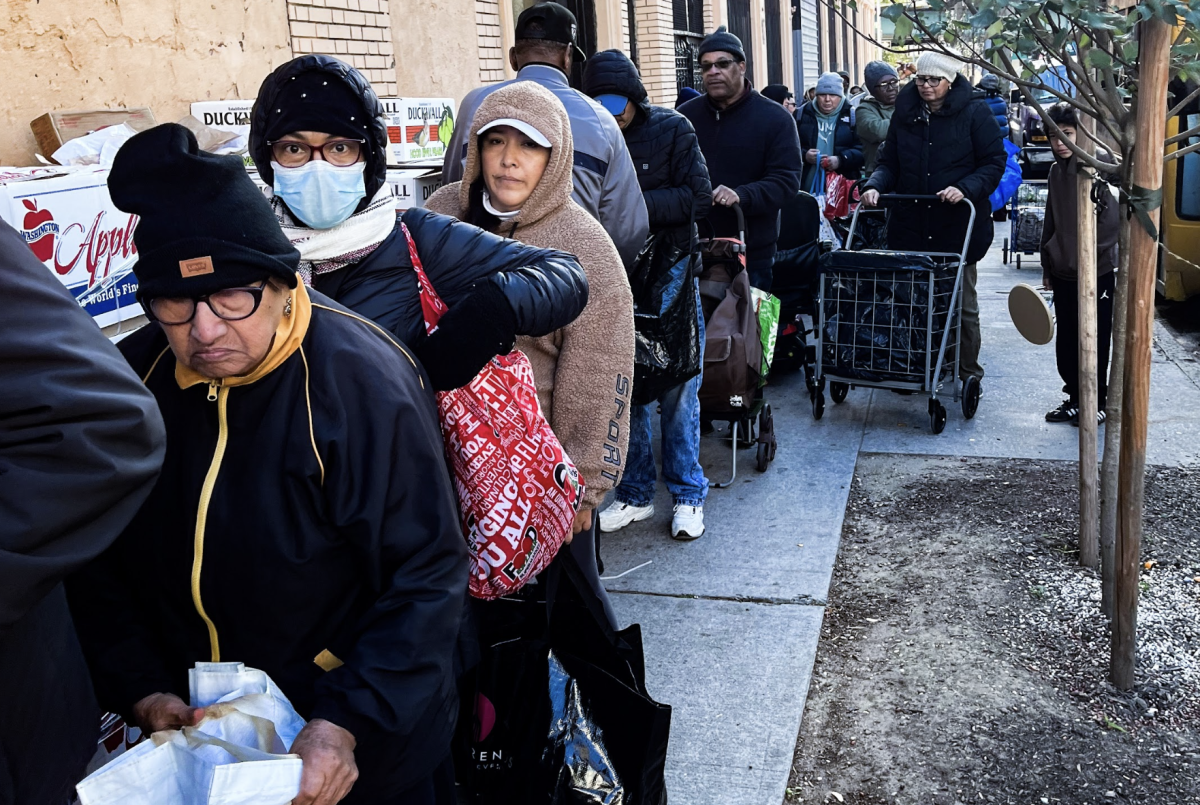After a two-year study, the Boy Scouts of America reaffirmed its discriminatory membership policy this summer, continuing to exclude gays and lesbians from participation in the Scouting program. This decision both disheartens and emboldens me as an active Eagle Scout and as a human being.
Scouting trademarked the tagline, “Character Counts,” but continues to devalue the character of gays and lesbians by adhering to its policy, whcih states that, “While the BSA does not proactively inquire about the sexual orientation of employees, volunteers, or members, we do not grant membership to individuals who are open or avowed homosexuals or engage in behavior that would become a distraction to the mission of the BSA.” They thereby deem openly gay and lesbian people unfit to be members.
This policy sends a troubling message to Scouts, particularly gay Scouts. Young people suffer when they question their “different” form of sexuality and try to accept that they’re gay. The policy does a disservice to gay Scouts during an incredibly agonizing and lonesome time.
As the BSA admits, this national policy does not represent the views of all its members. The policy announcement has spurred increased internal discussions and deliberations about BSA’s membership issue. Many Scout leaders favor an inclusive membership policy and support gay Scouts in their struggle to deal with their sexual orientation.
The groundswell of not only Scouts and leaders rejecting this policy but also of local Scout councils embracing inclusive membership standards is inspiring. In fact, Boston’s Scout council, which includes over 18,000 members, has rejected the national policy by reaffirming its decade-old local nondiscrimination policy, announcing in late July “that the exclusion of persons from Scouting because of sexual orientation can be a distraction to the mission of Scouting.” Boston is not alone.
A change in national policy may not occur this year, but the internal movement for equality has never been stronger and will not cease until this needed change occurs.
Until last month, I was prepared to leave Scouting to protest this policy. But the outpouring of support for inclusive Scouting has emboldened me to be a part of the solution. In reaffirming the national policy, the century-old BSA shone a light on its discrimination and inspired my generation of Scouts to ensure that Scouting’s next 100 years are inclusive and supportive of all Scouts.
Sincerely,
Dwayne Fontenette, communications senior








